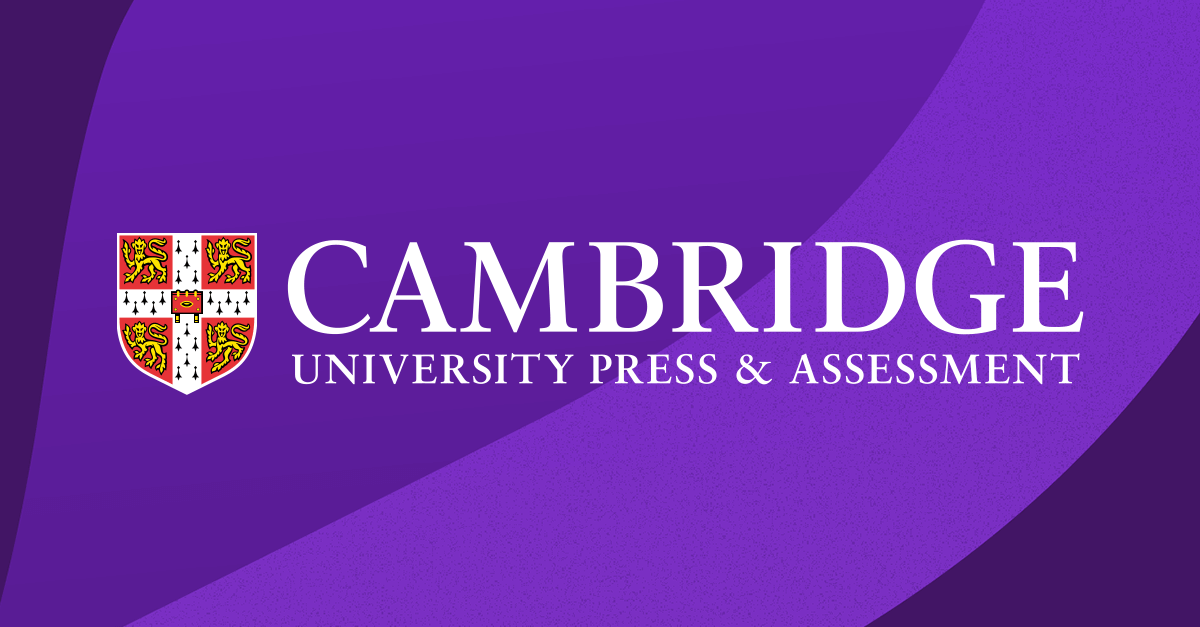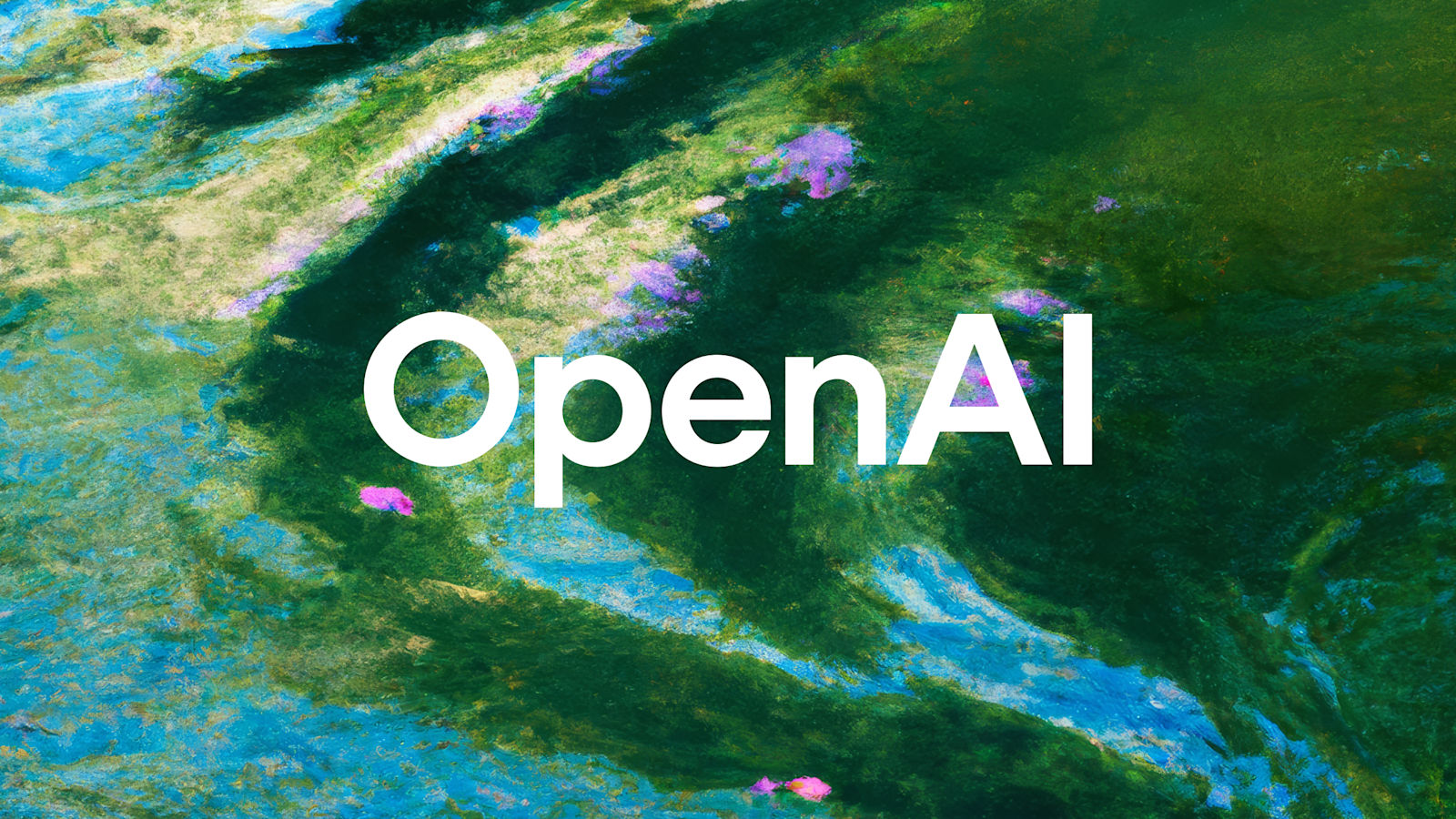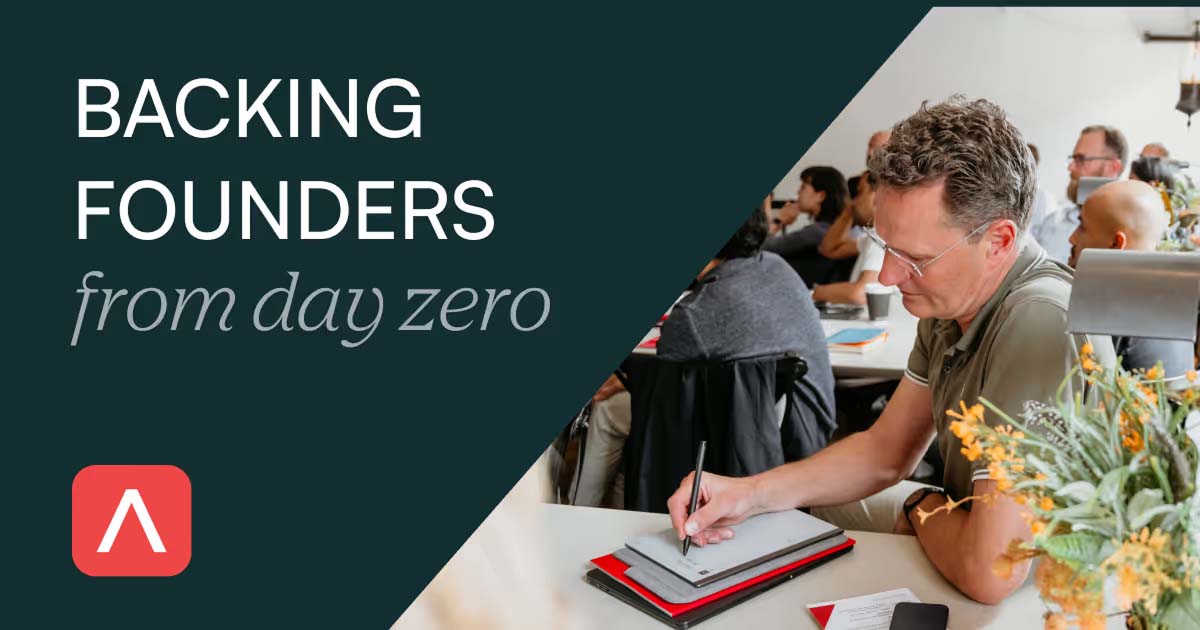Training cutting edge AI? Unlock the data advantage today.
If you’re building or fine-tuning generative AI models, this guide is your shortcut to smarter AI model training. Learn how Shutterstock’s multimodal datasets—grounded in measurable user behavior—can help you reduce legal risk, boost creative diversity, and improve model reliability.
Inside, you’ll uncover why scraped data and aesthetic proxies often fall short—and how to use clustering methods and semantic evaluation to refine your dataset and your outputs. Designed for AI leaders, product teams, and ML engineers, this guide walks through how to identify refinement-worthy data, align with generative preferences, and validate progress with confidence.
Whether you're optimizing alignment, output quality, or time-to-value, this playbook gives you a data advantage. Download the guide and train your models with data built for performance.
There are so many amazing opps out there doing some extra editions of the newsletter this week.
Beyond ChatGPT: The Tools Actually Changing How I Work
Full transparency: Most of this post came from Perplexity Labs mode - their new feature that basically gives you a whole research team for 10 minutes. I fed it my questions, corrected the tone, added my personal takes, and shaped the final version. It's exactly how I think human-AI collaboration should work.
Look, ChatGPT gets all the attention, but honestly? It's not the tool doing the heavy lifting in my daily work anymore. After spending years in social entrepreneurship, higher education, and impact investing, I've learned that the right AI tool for the job beats a general-purpose chatbot every single time.
Here's what's actually working for people building careers of impact - no corporate AI hype, just real talk about tools that get stuff done.
Why Your Tool Stack Matters More Than Ever
When you're trying to change the world, every hour counts. The AI tools you pick either amplify your impact or waste your time with fancy outputs that fall apart under scrutiny. As researchers studying human-AI collaboration note, the key isn't replacing human agency but creating partnerships where each side does what it does best.
For those of us in the impact space, that means tools that deliver credible, verifiable information - not just impressive-sounding text.

AI Tools Comparison: Strengths Across Key Categories
The Real Alternatives Worth Your Time
🔍 Perplexity AI - Why It's Actually the Best (at least for me)
I'll be straight up: Perplexity is the tool I use most. Not because it's trendy, but because it solves the biggest problem in impact work - proving your claims.
When I'm researching for PCDN.global or work, I need trustworthy sources. Perplexity's automatic citations and real-time research can produce amazing results (of course it is still critical to always verify).
What makes it awesome: The new Labs mode creates entire research projects in 10+ minutes - reports, charts, even mini-apps. It's like having a research team that actually cites their work. This is a truly awesome tool. You can also choose from multiple language models inside of Perplexity including Claude, Chatgpt, Perplexity’s own models and more.
Where it falls short: Creative writing and brainstorming. When I need to workshop new program ideas or draft compelling narratives, ChatGPT still wins and definitely their voice mode is much weaker than Chatgpt.
Claude - For When You Need Nuance
Claude handles complex, nuanced writing better than anything else. When I'm explaining conflict resolution concepts to students or writing impact reports that need to thread multiple stakeholder perspectives, Claude gets the subtlety. However, I often use Claude’s model inside of perplexity.
The integration game-changer: New connectors link Claude directly to Notion, Figma, and other tools you're already using. Less copy-paste, more actual workflow. Claude also has the best coding tools (often requiring a higher level subscription cost) of any model.
🇪🇺 Mistral AI - The European Open-Source Player
Mistral represents the European approach to AI development, built by former DeepMind and Meta researchers with a strong commitment to open-source models and user privacy.
What makes it different: Less restrictive content policies and more conversational freedom compared to heavily filtered alternatives. Strong focus on European data protection standards and user control.
Perfect for: Individual users who want more open conversations, privacy-conscious professionals, creators who find other AI tools too restrictive, anyone supporting European tech innovation over Big Tech dominance.
Challenges: I still find the quality of output not to be a strong as other models.
Specialized Tools
I also use many specialized tools for writing, design, editing, video editing, etc. The main chatbot models can do a lot but finding the right tool for your needs, budget, goals is often the right choice. More on this in a separate future post.
Why I Pay for Both ChatGPT and Perplexity
Simple: they do different jobs exceptionally well.
ChatGPT: Creative thinking, brainstorming, complex reasoning, drafting communications
Perplexity: Research, fact-checking, current information, credible sources
As collaborative writing research shows, the most effective approach involves "iterative, highly interactive processes" - bouncing between different tools and human oversight rather than one-shot generation.
AI for Impact Opportunities
SOC 2 in Days, Not Quarters.
Delve gets you SOC 2, HIPAA, and more—fast. AI automates the grunt work so you're compliant in just 15 hours. Lovable, 11x, and Bland unlocked millions.
We’ll even migrate you from your old platform.
beehiiv readers: $1,000 off + free AirPods with code BEEHIV1KOFF.
News & Resources
😄 Joke of the Day
Why did the AI go on a diet?
Because it had too many bytes and not enough processing!
🌍 News Highlights
🇸🇾 How Syria's Coders Are Building a Post-War Tech Scene
Despite conflict and sanctions, Syria’s tech sector is seeing quiet growth. Developers are creating job opportunities, remote careers, and digital infrastructure from the ground up.
👉 Read on Rest of World🌍 Trump’s Anti-Climate Data Push Expands to Federal Agencies
Digital climate records are under threat as political interference escalates. AI-powered tools for monitoring environmental changes may face setbacks in data access and integrity.
👉 Read on Context News🤖 Can Training AIs to Be “Evil” Make Them Safer?
MIT explores a paradox: exposing language models to harmful behaviors in training — under control — may help them resist such behavior when deployed. Ethics meets AI alignment.
👉 Read on MIT Technology Review
💼 International Telecommunication Union (ITU)
A UN agency championing equitable global access to digital technologies. ITU leads initiatives around AI for Good, digital inclusion, and ethical standards.
👉 Explore careers at ITU
🔗 LinkedIn Connection
Bernhard Kowatsch – Head of the UN World Food Programme Innovation Accelerator. A thought leader in AI for humanitarian aid, food security, and global partnerships.
👉 Connect with Bernhard
Want to feature a resource or story in our next edition? Just drop it in!

















